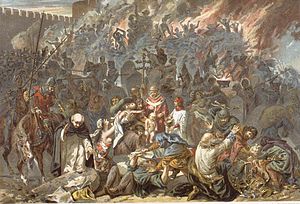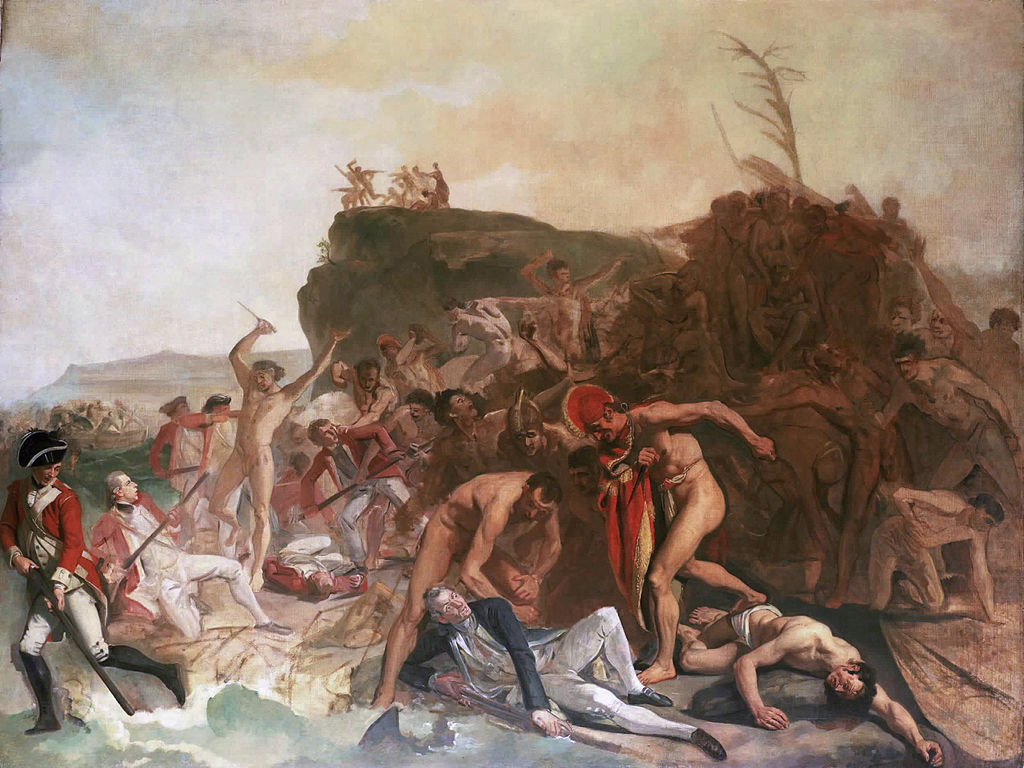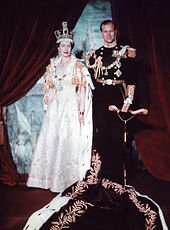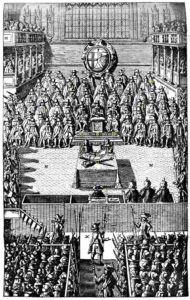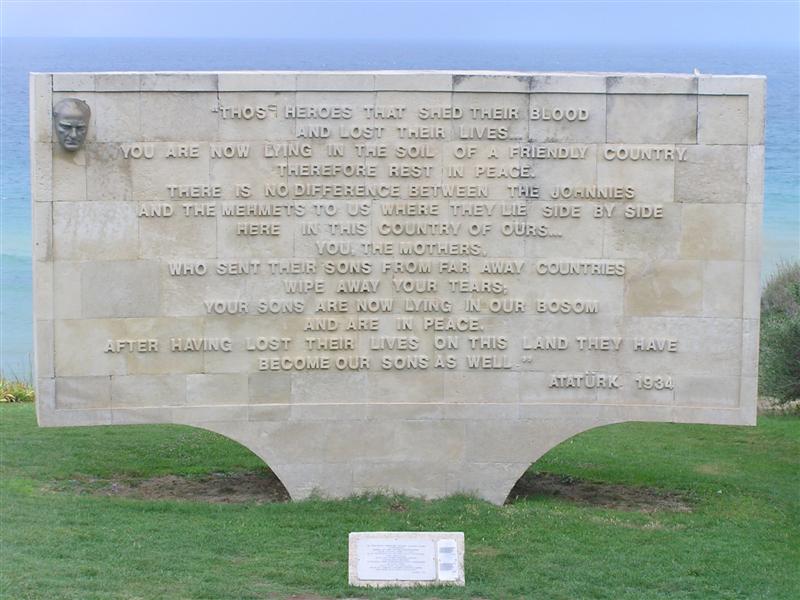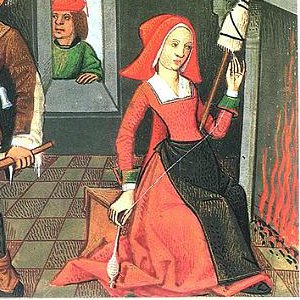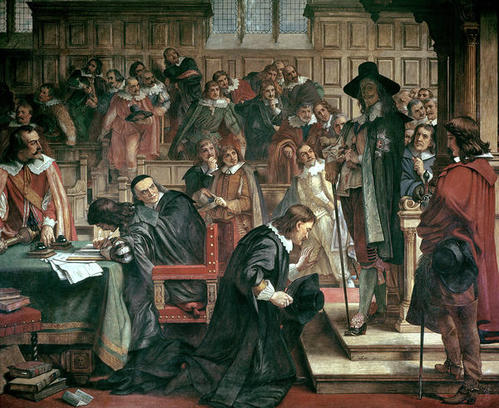1959
Diefenbaker cancels the Arrow
Certainly the most beautiful warplane ever built, the CF-105 Avro Arrow was to be the jet fighter of the 1960s but it ended up a heap of scrap and a national aerospace disaster.
In the early Cold War period the main Soviet threat to North American airspace was deemed to be the long-range bomber coming over the Arctic and strategies were devised to counter these fleets. Some advocated high-speed fighter interceptors while others argued for anti-aircraft missiles armed with nuclear warheads that would explode in the midst of the bomber swarm over northern Canada.
Industrialized nations all sought to build their own military aircraft rather than rely on foreigners for them. Canada had built their CF-100 Canucks in the 1950s but the Arrow was expected to greatly outdo those, and, indeed, every other fighter of the era. Powered by the Orenda Iroquois engines, Arrow could reach speeds twice the speed of sound and carry air-to-air missiles. Tests were highly encouraging; the aviation firsts of the fly-by-wire control system were ready to go; the Arrow was expected to enter mass production in 1959 and dazzle the world.
Then politics interfered. The Russian successes in their space program heightened the fear of attack from space, leading to the decision by John Diefenbaker’s Conservative Defence Minister George Parkes that Canada could not afford both a fighter program and a missile-defence program. The Arrow would have to go. On this date in 1959 the project was cancelled putting thousands of highly-skilled technicians out of work and ending any future for advanced aerospace industrial research in the country. Many of these specialists moved to the United States to take part in the American space program.

